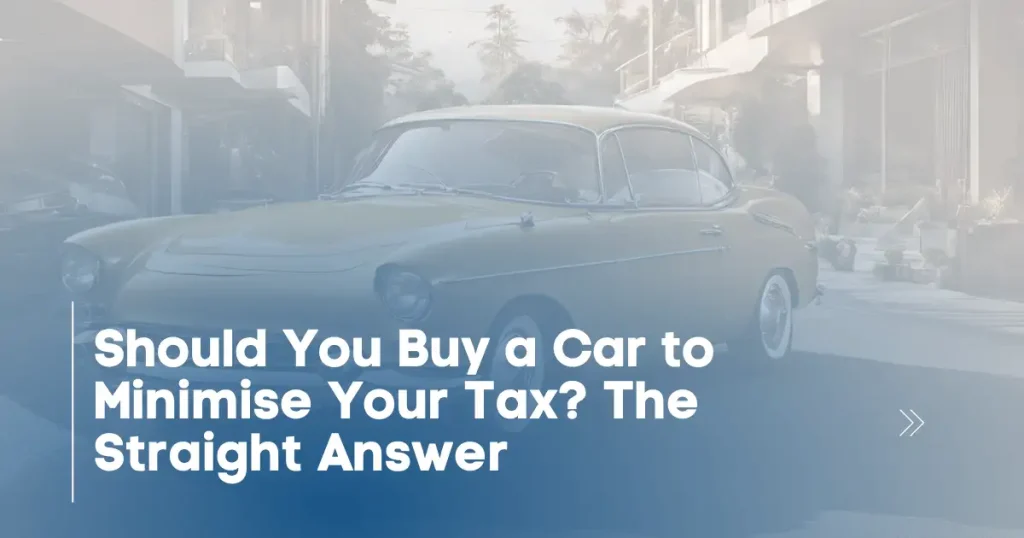One of the most frequently asked questions during tax planning is, “Should I buy a car to minimise my tax?” The straightforward answer is no, you should not. Cars are a very personal purchase, and there are significant considerations beyond just tax implications.
The Difference Between Want and Need
Wants vs. Needs: Generally, the desire to buy a car is driven by personal preference rather than financial necessity. A want might be influenced by the allure of a newer model, better fuel economy, or even a status upgrade. A need arises when the current vehicle is genuinely beyond its useful life—perhaps due to high mileage, frequent breakdowns, or impending failure.
The Tax Implications of Buying a Car
Previously, purchasing a new car below the ATO luxury car limit allowed for a 100% write-off of the cost as a tax deduction in that year. While this was initially beneficial, it becomes problematic when the car is sold, as there’s no cost base left, resulting in a higher taxable gain.
New Changes: As of July 1, 2022, the instant asset write-off has been reduced to $22,000 including GST. This means:
– For cars over $22,000, the cost must be depreciated —15% in the first year and 30% in subsequent years.
– A significant deduction for buying a car is no longer available.
The True Cost of a New Car
A new vehicle often loses value immediately upon leaving the showroom. Depreciation is rapid, which can negate any perceived tax benefits.
Conclusion
If a new vehicle is genuinely needed for valid reasons, then purchasing one makes sense. However, buying a car solely to save on taxes is not effective. It is crucial to weigh the actual benefits against the costs and consider whether it is a want or a need.
Consult with an accountant to explore other tax-saving strategies that might be more effective and beneficial for your specific situation.


